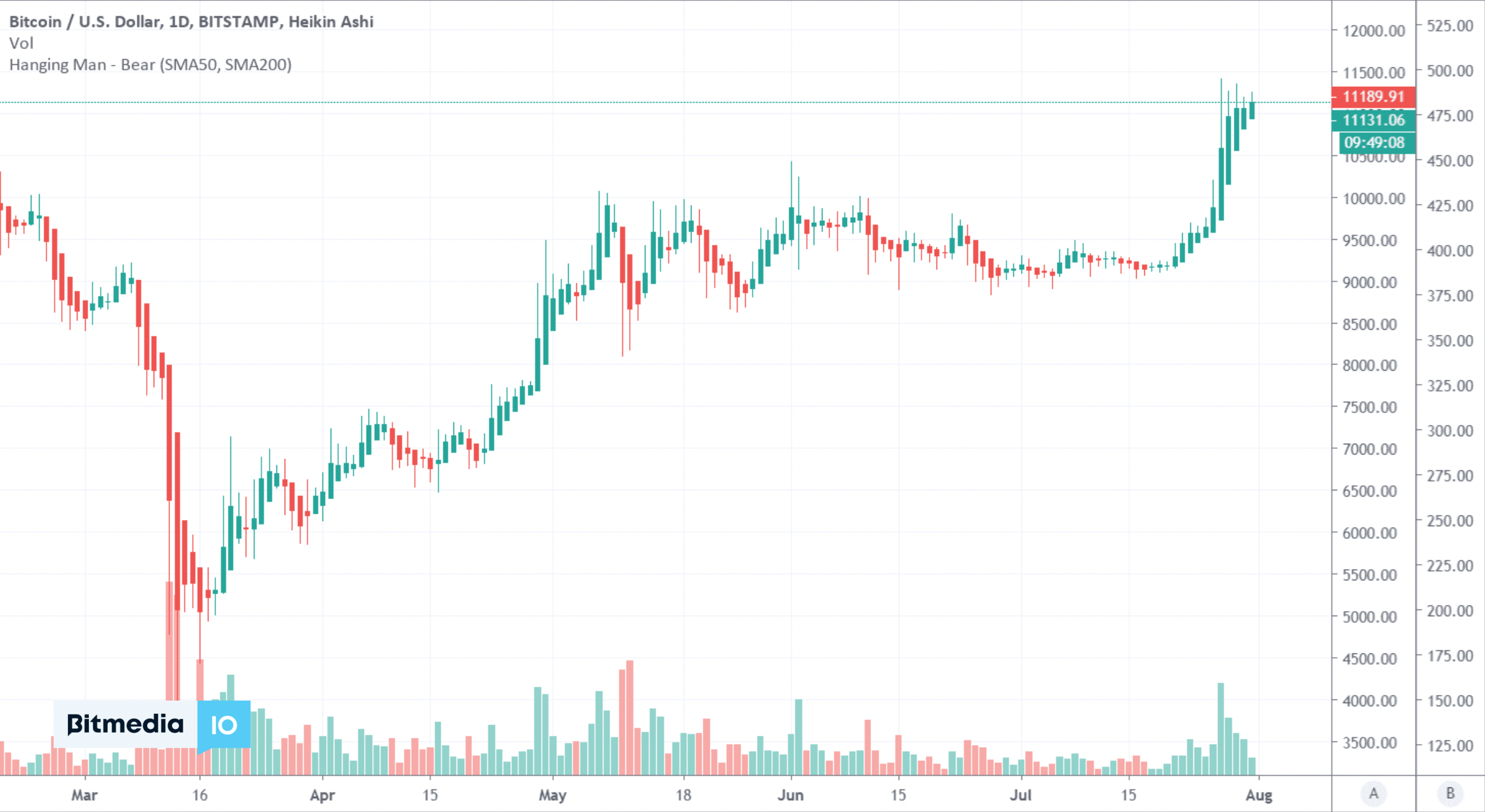Lessons and experts’ opinions after the FTX crash

When it comes to making a quick buck in a still relatively new, unregulated financial industry, the FTX crash serves as a sharp reminder that “there is no such thing as a free lunch.”
Can the crypto industry survive? Experts’ opinions
Analysts observe that after a turbulent few months, a lot of dangerous activity has already been pushed out of the system.
However, more agony may ensue when fearful investors withdraw assets from crypto markets. JPMorgan estimates bitcoin might fall to $13,000, a 22% drop from the present price. According to Fok, the digital coin might go below $10,000, a low not seen since 2020.
In this environment, the “crypto winter” is likely to worsen, especially if concerns about the broader economic background continue to diminish interest in riskier assets.
“In the short term, this is going to be bad for the crypto industry,” Sei Labs’ Jog said, yet he doesn’t believe it will “end things,” and he hopes it will increase interest in his company, which focuses on establishing more transparent, decentralized crypto exchanges.
According to Fok, the FTX crash will drive institutional investors away from the crypto industry just as they were warming up to it. While some individuals will continue to work on exciting ideas, restoring trust in the sector’s promise might take years.
It’s also almost guaranteed to inspire authorities to tighten the clamps, rising expenses for crypto companies that make it through the purge.
“It reinforces the view that any sort of financial enterprise needs extensive regulation,” said James Malcolm, head of foreign exchange strategy and crypto research at UBS. “Probably by 2024, the whole world will look much more coherent and watertight.”
The US Securities and Exchange Commission’s Gary Gensler stated on CNBC Thursday that while the crypto market is regulated, investors “require more protection.” According to the Wall Street Journal, the SEC and the US Justice Department are looking into FTX. (The Justice Department declined to comment.)
Binance’s Zhao stated at a conference in Indonesia (November 2022) that the 2008 financial crisis is “probably a good analogue” for what is happening.
“We’ve been set back a few years,” he said. “Regulators rightfully will scrutinize this industry much, much harder, which is probably a good thing, to be honest.”
The FTX meltdown taught crypto investors four things
- 1. Understand the dangers associated with the location of your crypto holdings
Kevin Lum, a CFP and the CEO of Foundry Financial in Los Angeles, works with younger investors and claims that nearly half of his customers own cryptocurrency in some form.
While he does not believe customers should limit their exposure, he does believe they should understand where digital currency is housed and the hazards of retaining assets there.
“I think the collapse of FTX will end up being good for traditional finance companies like Fidelity who are entering the crypto space because they come with a certain level of trust,” Lum said.
Fidelity Investments revealed plans earlier this month to introduce a commission-free crypto product, allowing investors to purchase and trade bitcoin and ether.
The FTX debacle has also reignited interest in cold storage or putting digital money offline to make it less vulnerable to attacks. However, the change makes assets less liquid and more difficult to sell fast.
- 2. Diversification is ‘always critical’
Experts warn that a big percentage of a single holding, whether in stocks, cryptocurrencies, or other assets, can be harmful.
“Diversification is always critical,” said George Gagliardi, CFP and founder of Lexington, Massachusetts-based Coromandel Wealth Management.
“For individuals who had a very high allocation to cryptocurrencies, whether in FTX or not, the crypto price crashes this year were a painful lesson in the importance of diversifying one’s investment classes,” he said.
Bitcoin’s price has dropped by more than three-quarters since reaching an all-time high of $68,000 in November 2021, falling below $17,000 as of Nov. 17.
“The [FTX] collapse should be a lesson that any individual company — be it a crypto exchange or more traditional business — can go bankrupt in times of distress,” said Kevin Brady, a CFP and vice president of Wealthspire Advisors in New York.
When it comes to portfolio allocations, he believes that 5% of a single asset “becomes substantial” and 10% is “extremely concentrated.” Of course, certain investors may face mitigating conditions.
“Even if a financial asset is speculative in nature, it may nonetheless play a role in a well-diversified portfolio,” Ulin of Ulin & Co. said.
- 3. More crypto regulation is inevitable
The continuing argument over how bitcoin should be classed and regulated has heated up in the aftermath of the FTX debacle.
Sens. Cynthia Lummis, R-Wyo., and Kirsten Gillibrand, D-N.Y., proposed legislation in June to create a regulatory structure for digital currency, designating the majority of assets as commodities regulated by the Commodity Futures Trading Commission, such as gold or oil.
According to experts, the FTX collapse may hasten these debates – and hasten the schedule for future recommendations. “I believe we will see rules,” said CFP Ivory Johnson, founder of Delancey Wealth Management in Washington. “And I believe that these poor business models will fade away.”
Maxine Waters, D-Calif., and Rep. Patrick McHenry, R-North Carolina, chaired the House Financial Services Committee on Wednesday and announced preparations for a bipartisan hearing in December to explore FTX’s demise.
While Congress will ultimately decide how government agencies may regulate bitcoin, Securities and Exchange Commission Chair Gary Gensler has advocated for stricter regulations. “Investors need stronger protection in this industry,” he said on November 10 on CNBC’s “Squawk Box.”
- 4. Make a backup of your cryptocurrency transaction records
Experts recommend downloading your transaction history regularly, regardless of where you keep your digital money.
According to Andrew Gordon, tax attorney, CPA, and head of Gordon Law Group, one of the most challenging aspects of crypto taxes is gathering reporting paperwork. And even if an exchange goes out of business, you’ll still need records to prepare your tax return, he says. “Two weeks ago, no one imagined FTX would be in this situation,” Gordon added.
Plus, by tracking throughout the year, you’ll get a clearer sense of your revenues and losses, making it easier to cut your bill with tactics like tax-loss harvesting. “It will put you in a lot better position when it comes to tax time,” he says.
What are the conclusions and consequences?
The swift demise of FTX and the cryptocurrency exchange’s unsuccessful effort to sell itself to rival Binance demonstrate that no firm in the wild, unregulated crypto market is secure.
“In the crypto ecosystem, the number of companies with stronger balance sheets capable of bailing out those with low capital and heavy leverage is dwindling,” JPMorgan analysts wrote in a note to investors this week.
The death of FTX may result in further casualties. At this time, determining who is affected is challenging, however, there are definite ripple effects.
Bitcoin and Ether, the two most popular cryptocurrencies, have lost more than 20% of their value in the last week.
Bitcoin and Ether, the two most popular cryptocurrencies, have lost more than 20% of their value in the last week. The Solana digital coin’s price also plunged following news that Bankman-trading Fried’s business, Alameda Research, had major holdings. Tether, the stablecoin that is intended to be a safe location to park currency, just lost its one-to-one peg to the US dollar. BlockFi, a cryptocurrency lending company, has announced the suspension of customer withdrawals.
If FTX falls, the industry will be under pressure in the short term. However, the cryptocurrency and blockchain sectors will continue to grow in the long run. Finally, this is a chance for the industry to grow and learn via trial and error.
It’s time for advertising!
